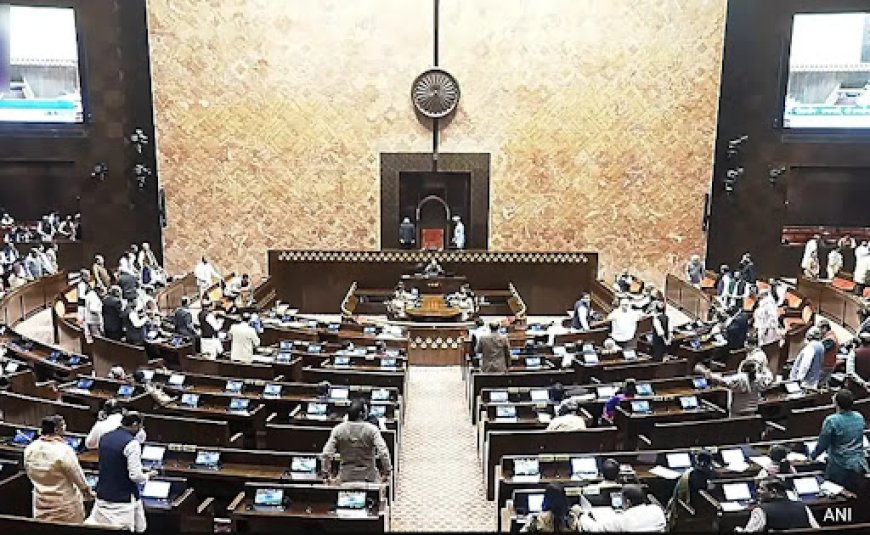Waqf Bill Passed By Rajya Sabha With 128 Votes For, 95 Against
The Waqf bill, after a smooth passage through Lok Sabha, breezed through the Rajya Sabha 24 hours later, after yet another marathon debate.

Waqf Bill Passed By Rajya Sabha With 128 Votes For, 95 Against
In a significant legislative move, the Waqf Bill has been successfully passed by the Rajya Sabha, receiving 128 votes in favor and 95 votes against. This landmark vote marks a crucial step in the management and governance of Waqf properties across India. The bill aims to reform various aspects of the Waqf management system, enabling better transparency and accountability.
Understanding the Waqf Bill
The Waqf Bill seeks to streamline the administration of Waqf properties, which are lands or assets donated for religious or charitable purposes in Islam. By establishing a more effective governing framework, the bill aims to prevent mismanagement and ensure that these properties are utilized for the benefit of the community. This legislation is expected to bring about significant changes in the oversight of Waqf properties and improve the overall management structure.
Key Provisions of the Waqf Bill
Among the pivotal features of the Waqf Bill are enhanced governance protocols and the establishment of a clear process for the appointment of committees to oversee Waqf properties. Furthermore, the bill emphasizes the importance of financial transparency, mandating regular audits and detailed reporting to ensure accountability. This movement towards modernization is anticipated to protect Waqf assets and promote their sustainable development.
Reactions and Implications
Following the passing of the Waqf Bill, reactions from various political factions have surfaced. Supporters of the bill argue that this legislation is essential for promoting responsible management of Waqf properties. On the other hand, critics express concerns over potential misuse of power and the implications for local governance. As the discussion continues, the impact of this bill on communities and the management of Waqf properties remains to be seen.
Future of Waqf Management
As India progresses, the passage of the Waqf Bill could pave the way for a more structured approach to Waqf administration. The hope is that improved governance will not only secure these assets but also empower communities that rely on Waqf properties for their development. Stakeholders are now looking to see how this bill will be implemented on the ground and its effect on the existing Waqf landscape in India.
For more updates, visit dharmyuddh.com.
News by dharmyuddh.com Keywords: Waqf Bill passed Rajya Sabha, Waqf properties management India, Waqf legislation significance, 128 votes Waqf Bill, political reactions Waqf Bill, governance of Waqf assets, accountability in Waqf management, reforming Waqf administration, implications of Waqf Bill, future of Waqf properties.







